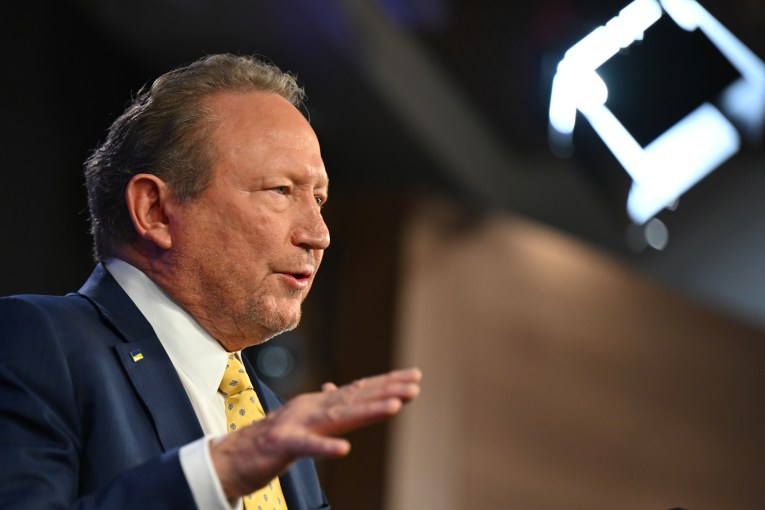‘Simply unacceptable’: Consumer complaints highlight failure of telcos, NBN


Australia's telco providers have been inundated with complaints. Photo: TND
Fed-up phone and internet users flooded Australia’s telco providers with nearly half a million complaints over a period of just three months, a new report has shown.
Telecommunications companies received a staggering 448,470 complaints between October and December last year, the Australian Communications and Media Authority’s Telecommunications complaints handling report released on Wednesday revealed.
That number represents a 12.7 per cent increase in the amount of complaints made to telcos compared to the previous three months.
The average time it took telcos to resolve complaints ranged from one to 13 days, with an average time of six days, ACMA said.
The Australian Communications Consumer Action Network (ACCAN) described the figures as disappointing and called for telco providers to be named in future data releases to “allow consumers to consider telcos’ complaint-handling records when shopping around for a phone or internet provider”.
“When people buy a product or service, they rightly expect it to work as promised,” ACCAN chief executive Teresa Corbin said.
“It’s simply unacceptable for the millions of Australians who are connected to essential communications services to be left waiting for days on end without the service they have paid for.
“Consumers should have a right to reliability.”
RMIT university associate professor in network engineering Mark Gregory said the figures show that consumers are being let down by Australia’s telco industry.
“The number of faults and service interruptions experienced by Australian consumers remains far higher than what is reasonable and reflects the need for the telecommunications industry to do more to provide consumers with an improved experience,” Dr Gregory said.
NBN complaints highlight network’s failure
The ACMA report also shows that the Coalition government’s decision to roll out a mixed-technology NBN network rather than a superior fibre-to-the-premises (FTTP) network is costing consumers, Dr Gregory said.
Fibre-to-the-curb (FTTC) received the highest number of complaints of the seven different types of NBN connections, with 514 complaints per 10,000 services in operation over the last three months of 2018 – more than triple the number of complaints received about FTTP over the same period.
This figures “highlight the relatively low number of complaints related to NBN FTTP compared to the other fixed access technologies being utilised by NBN Co”, Dr Gregory said.
“This means that NBN Co has higher costs related to consumer complaints and network remediation.”
The government’s “failure” to roll out FTTP across the majority of the NBN network is “costing consumers more and this operations and maintenance cost is expected to grow over time, making FTTP a far cheaper and more reliable technology in the short term”, Dr Gregory said.
Dr Gregory and other leading telecommunications academics and NBN experts have repeatedly called upon the government to acknowledge the failures of the mixed-technology scheme, and commit to returning the NBN to a majority FTTP network.
A spokesperson for the NBN Co told The New Daily that the firm has made “significant investments to work with the telco industry to improve customer experience and we are starting to see the early signs of that”.
The NBN Co is the “first telco in the world to roll out FTTC at scale” and “with any new technology there will be teething issues”, the spokesperson said.
“But we are quickly learning how to improve our processes and customer experience, as acknowledged in the ACMA report which noted the rate of FTTC complaints over the September to December quarters fell 33 per cent”.
In April, the nation’s consumer watchdog warned that the high cost of NBN access has created a “growing affordability issue” for people on lower incomes.
In May, a University of Sydney study of the $51 billion taxpayer-funded national broadband network revealed that one in two homes in the nation’s three biggest cities were being dudded with an inferior NBN connection.
Last week, it was revealed that the NBN Co was considering a so-called ‘Netflix tax’ that would see internet users pay more to access video streaming services on the beleaguered national broadband network.
NBN Co, which has overseen the rollout of the mixed-technology network, floated the idea to retail providers including Telstra, Optus, TPG, and Vodafone last month as part of its Wholesale Pricing Review.
Experts condemned the proposed tax, urging legislative action to protect net neutrality in Australia amid a growing public outcry.








